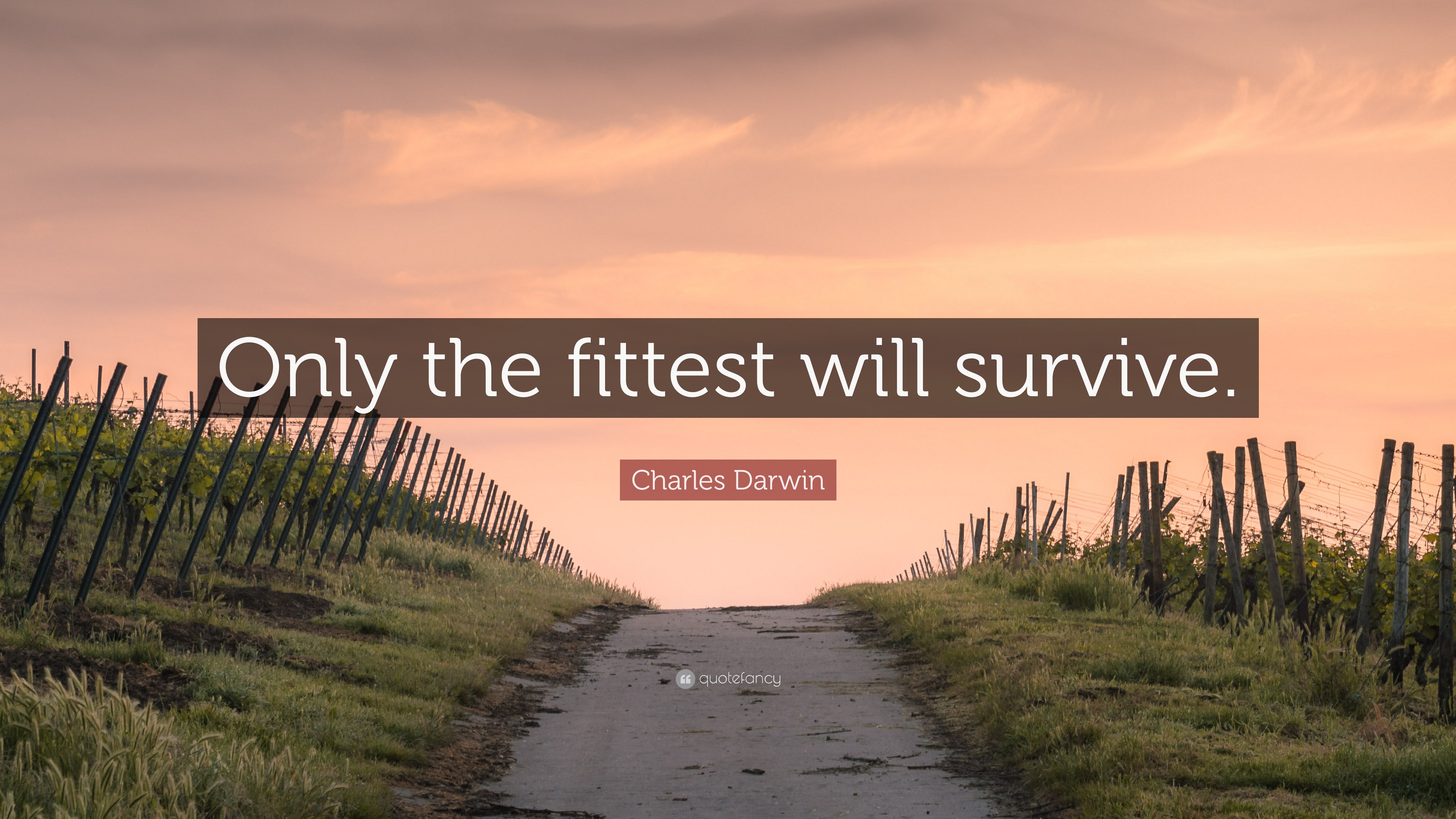Sports and games develop various social, cultural, qualities, such as cooperation, sympathy, helpfullness, respect, brotherhood, patience, tolerance,, discipline, fair play and honesty, etc.

For a clear cut understanding of Games and sports as a cultural heritage, it is esential to understand the meaning of culture. Generally, the word culture, is misunderstood. Because it is usually heard "our school organises a number of cultural programmes but not the sports programmes." Even a music teacher usually says nowadays that students are more interested in playing cricket, tennis, basketball,etc., instead of cultural activities. It means that sports and games are not related to cultural activities.

For a clear cut understanding of Games and sports as a cultural heritage, it is esential to understand the meaning of culture. Generally, the word culture, is misunderstood. Because it is usually heard "our school organises a number of cultural programmes but not the sports programmes." Even a music teacher usually says nowadays that students are more interested in playing cricket, tennis, basketball,etc., instead of cultural activities. It means that sports and games are not related to cultural activities.
It is completely wrong to think so. As a matter of fact, culture has historical bases. It involves values, ideas and patterns. Various important ethical values are thought to be developed more effectively through sports than by any other means. So, cultural heritage means the transfer of the values, traditions and conventions of the past to the present and from the present to the future with appropriate modifications. Now, it can be properly understood whether games and sports are man's cultural heritage or not.


In fact, games and sports are not new to the people of this world. Indeed, games and sports were started when man came into existence on the Earth. To understand it clearly, we will have to peep into our own past. The major difference between todays sports and games and that of the past is that there were no set rules. Sports and games were alive in the form of physical activities, which were indispensable needs of that time. These activities of running, jumping, and throwing were a part of the man's life in order to save himself from wild animals and hunting for the meal. "Survival of the fittest" was the principle in those dark ages. In the tribal period, hunting, dancing and chasing, the wild animals were usual affairs. Youths were given training to develop their physical fitness. Slowly and steadily, these activities were changed in the form of games and sports with specific rules and regulations.

India is a vast country. It is a multi-racial and multi-lingual country. It is a land of many communities, languages, religions and sects. We usually hear "Unity in Diversity" about India. As a matter of fact, we differ with each other in many facets of life. People, living in different states and territories, sometimes raise their regional demands and cry for their fulfillment. Regionalism takes the shape of lingualism, communalism and parochialism. The ugly head of regionalism is raised from time to time in India. Everybody is well aware regarding the problem of Punjab, Kashmir, and Assam. In fact, it is better if people start thinking in terms of nation rather than their regions. This type of problem creates many hindrances in the path of the development of our country. Hence, it can be alluded that national integration is the major task before us. It is our foremost and indispensable requirement of the hour. National integration is so much essential for us that, through it, we can ameliorate our country and can enter in the group of developed countries.
No comments:
Post a Comment